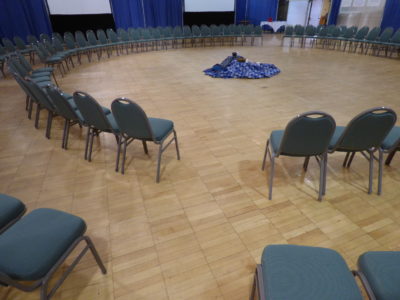It has long been a mantra that I’ve carried with me — be present, be curious. Four words to reground me in my efforts — work, community, family, relationships. And who doesn’t need a bit of regrounding in the ultra-stimulated world that many of us know so well. ” Four words that act like a road-map for being a good human being.
This Nic Askew film that features Seth Godin is a well-spent four minutes and seventeen seconds. Seth Godin is a popular American author, writing often about the post industrial revolution. I really love this endorsement of curiosity — the invocation to explore, ask questions, wonder, and wander.
Thanks Christina Baldwin for sharing this with me.
Enjoy.

